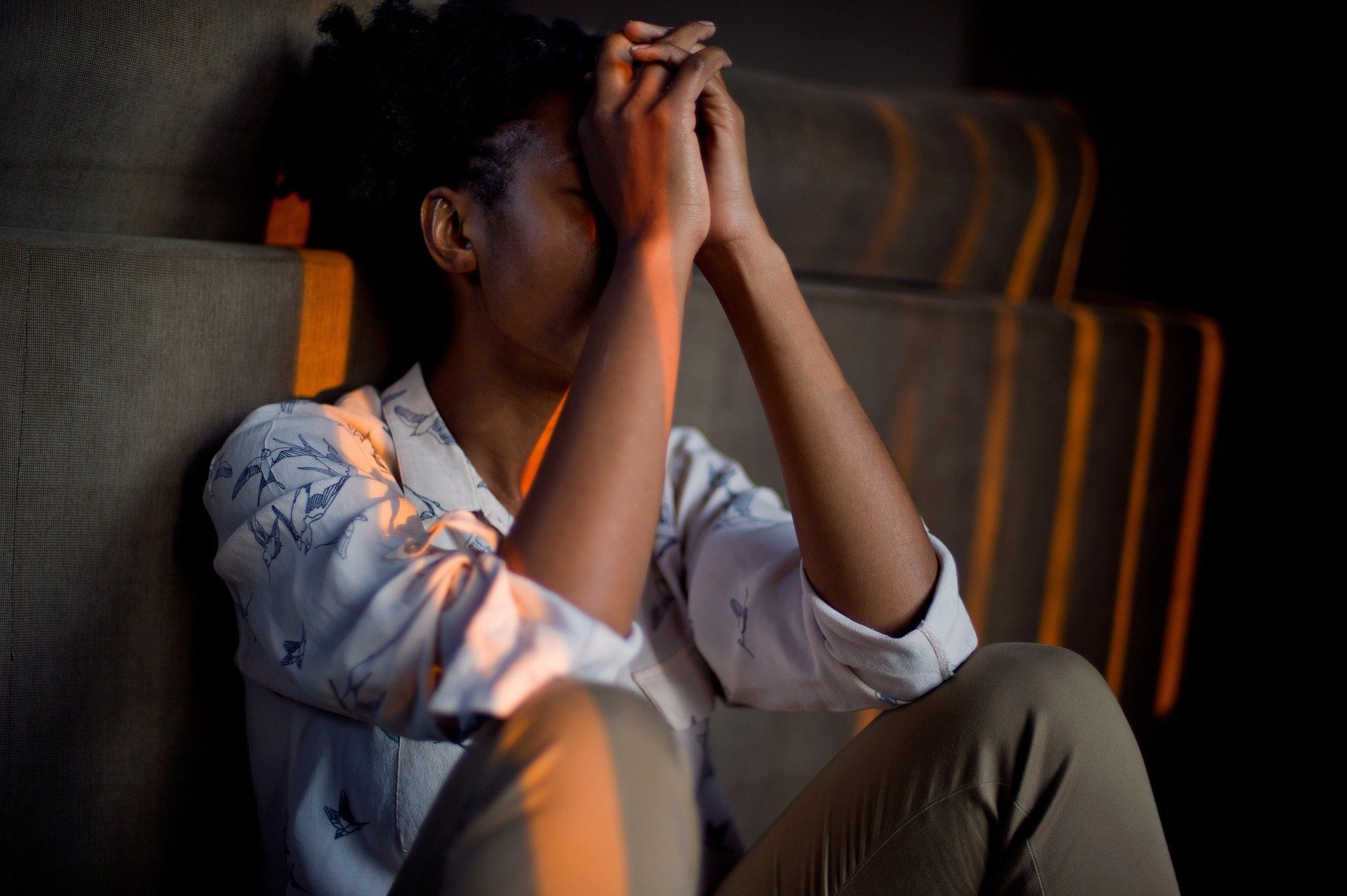It is common to feel stress and anxiety when things are out of our control. Living in the time of this current pandemic is an unknown to all of us. We don’t know what to expect in one week, one month or in three months. We have no experience to draw upon. Anxiety and stress can make diabetes a bit more challenging to manage. Some symptoms of anxiety can be similar to symptoms you experience when your blood sugar is low; such as, sweating, shaking or rapid heartbeat. Because of this, it is important to monitor your blood sugar more closely during this time. It is also important to identify positive coping mechanisms that you can engage in to help yourself remain calm during times of stress and anxiety. Here are some ideas:
- Stay Active– Find an activity that you like to do and get started. Movement is beneficial to your diabetes and also can make you feel good and take your mind off of other thoughts. If you haven’t been active before, you will need to start small and work your way up. For example, start with walking once around the block and gradually increase your walking until you reach your goal. Activities such as yoga and dance can be relaxing and calming. There are lots of stretching exercises and exercise videos that you can do if you need to stay indoors.
- Eat Healthy, Well-Balanced Meals- Make sure you are eating foods from all food groups. The MyPlate method is a great way to be sure that you are eating nutritionally. Half of your plate should contain vegetables, roughly ¼ of the plate should be lean meats and roughly ¼ of the plate should be carbohydrates. https://www.choosemyplate.gov/eathealthy/WhatIsMyPlate
- Get Enough Sleep- If you aren’t getting enough sleep, it is difficult to feel relaxed and calm throughout the day. Try to go to sleep and get up at the same time every day. Avoid caffeine in the afternoon and evening. Try and unwind and stay away from electronics for an hour before bed. Keep your bedroom dark, quiet, cool, and free from any interruptions such as phones, computers, etc.
- Practice Deep Breathing and/or Meditation– Deep breathing exercise examples can be found on-line. Belly breathing is usually the first deep breathing technique to try. Guided meditation is a great place to start if you are new to the practice of meditation. There are lots of complimentary websites and apps available to help get you started on your journey.
- Engage in Hobbies- Do more of the activities that you enjoy. Participating in hobbies is a good way to decrease stress and anxiety levels. What is it that you enjoy? Things like reading, sewing, taking a bath, watching a movie, listening to music, journaling, drawing, etc, can all help you feel happiness and take your mind off of your worries for a while.
- Reach Out and Connect with Others- Even if you are staying in your house most of the time, there are still lots of ways to connect with friends and loved ones. Use of platforms such as Skype and Facetime will allow you to see your loved ones while you talk with them. Social media can keep you feeling connected too, via Facetime, LinkedIn, Instagram, etc. Moderation is key with social media.
- Stay Away from Negative Coping Mechanisms- Avoid alcohol and tobacco. These do not help in the long-term and may lead to problems with relationships, health and dependency.
It is important for you to find positive coping mechanisms to help you deal with stress and anxiety. If you have tried and are not finding success then it is time to reach out to a healthcare professional for advice.
